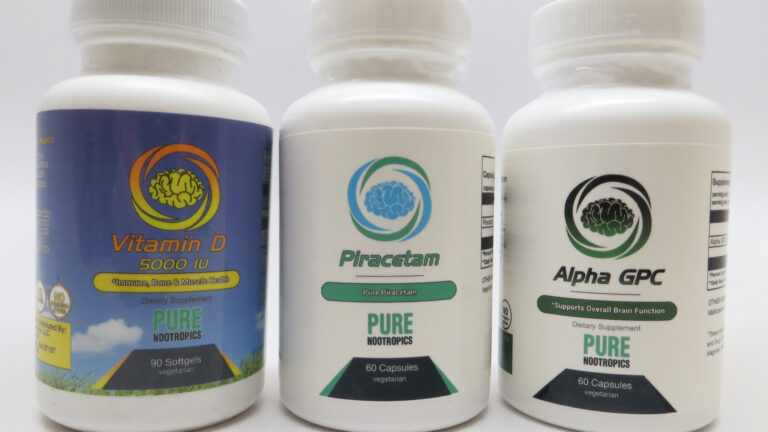Study: Some “brain-boosting” supplements sold in the US contain not-approved drugs at supratherapeutic doses, exposing users to unknown side effects

___
Some brain-boosting supplements contain an unapproved drug that could harm users, study warns (STAT news):
“Promising to lift brain fog or improve memory, brain-boosting supplements have joined sexual-enhancement and weight-loss remedies in the lightly regulated world of dietary supplements. These products may be sold legally with broad-brush come-ons like these, as long as they don’t make specific claims about treating a disease — or contain actual drugs.
New research led by Dr. Pieter Cohen of Harvard Medical School documents five supplement brands for sale in the U.S. that contain various amounts of piracetam, a drug prescribed in European countries for cognitive impairment in dementia but not approved in the U.S … Relentless Improvement, Nootropics, and Specialty Pharmacy sold their products as piracetam. BPS named its supplement Compel, and Cognitive Nutrition called its NeuroPill but included piracetam on the label.
Side effects of piracetam include agitation, anxiety, and depression, but that’s when prescribed at a standard dose of the drug, whose mechanism of action was described in one research paper as “an enigma.” In Europe, older patients tend to be prescribed lower doses, Cohen said, to account for reduced kidney function that comes with age.”
The Study:
Presence of Piracetam in Cognitive Enhancement Dietary Supplements (JAMA Internal Medicine).
From the Discussion: Consumers of cognitive enhancement supplements may be exposed to high dosages of a prohibited drug. In Europe, prescription piracetam is commonly formulated in 800- and 1200-mg tablets with a usual daily dose for cognitive disorders of 2400 to 4800 mg, with dosing adjusted based on renal function. In this study, we found supplements with individual doses of piracetam exceeding 1500 mg, and daily doses greater than 11000 mg. Adverse effects of piracetam at pharmaceutical dosages include anxiety, insomnia, agitation, depression, drowsiness, and weight gain. The risks of piracetam in over-the-counter supplements at supratherapeutic dosages, particularly in elderly consumers with renal insufficiency, are unknown … Our findings demonstrate that even after the FDA rejected an application to market piracetam as a new supplement ingredient, the drug was nevertheless introduced into the marketplace. Despite FDA warning letters, the products remain on the market. Until the law governing supplements is reformed such that products adulterated with drugs can be effectively removed from the market, clinicians should advise patients that supplements marketed as cognitive enhancers may contain prohibited drugs at supratherapeutic doses.


